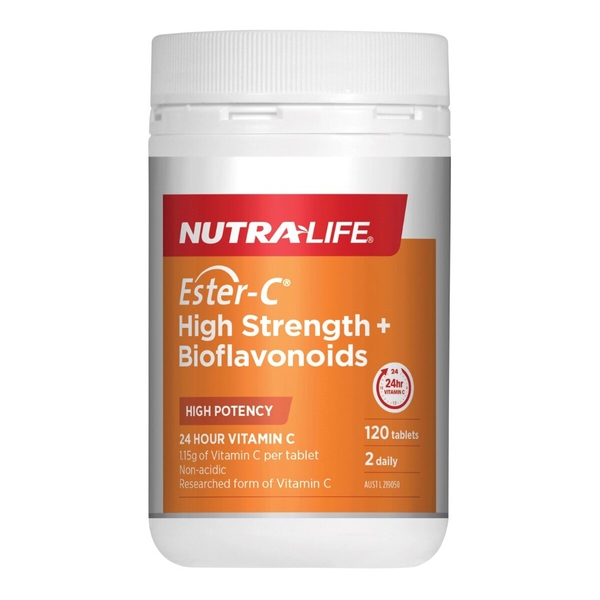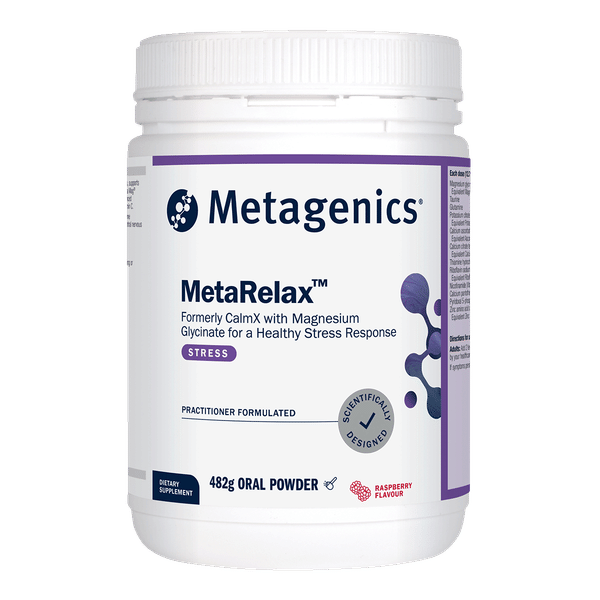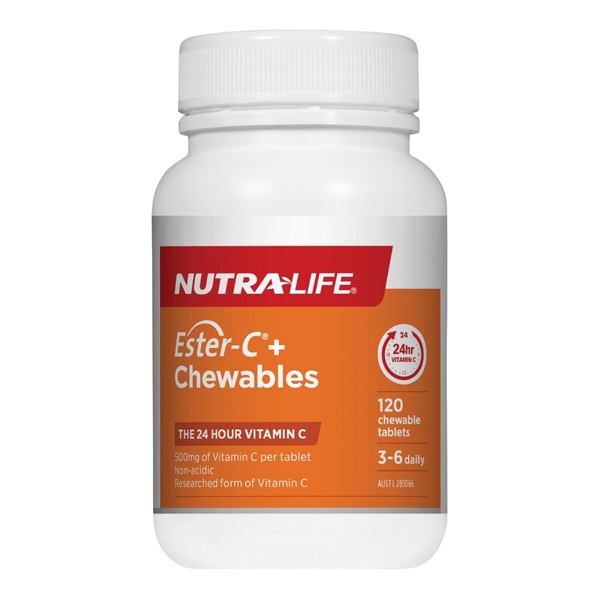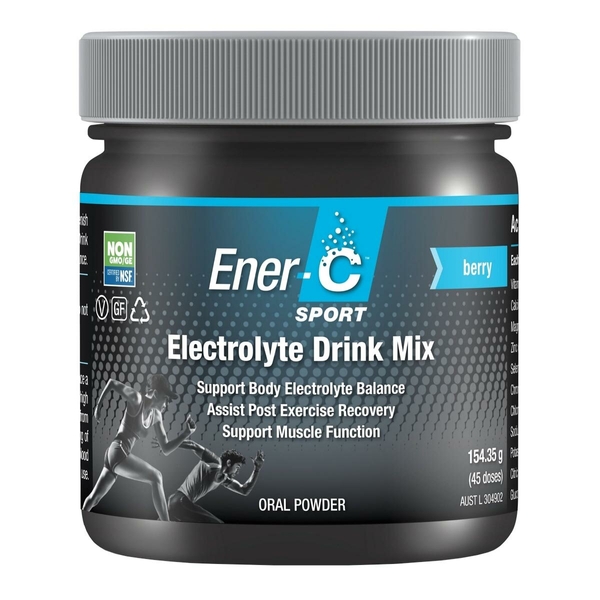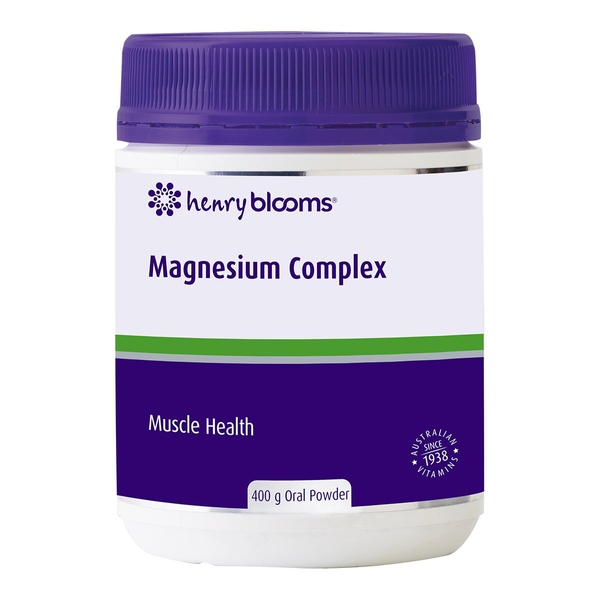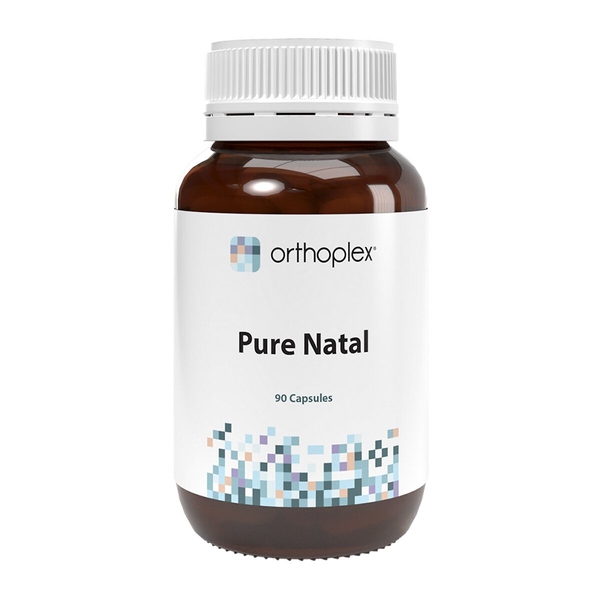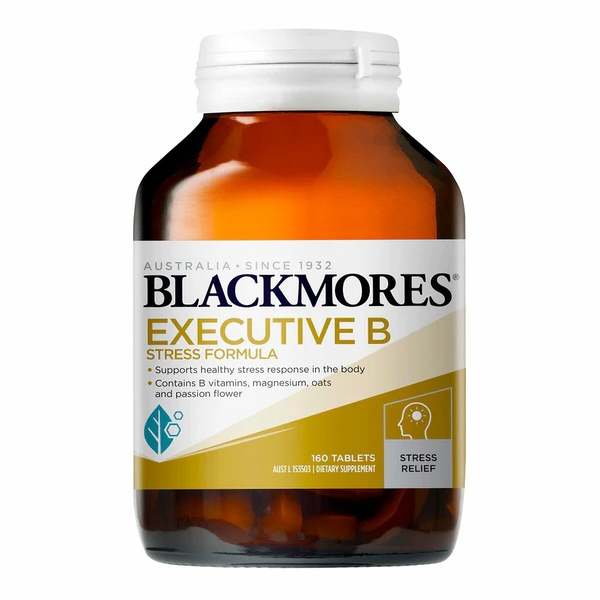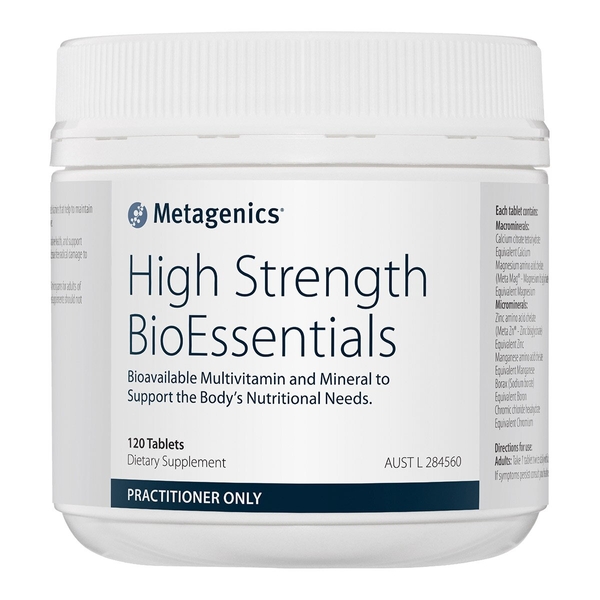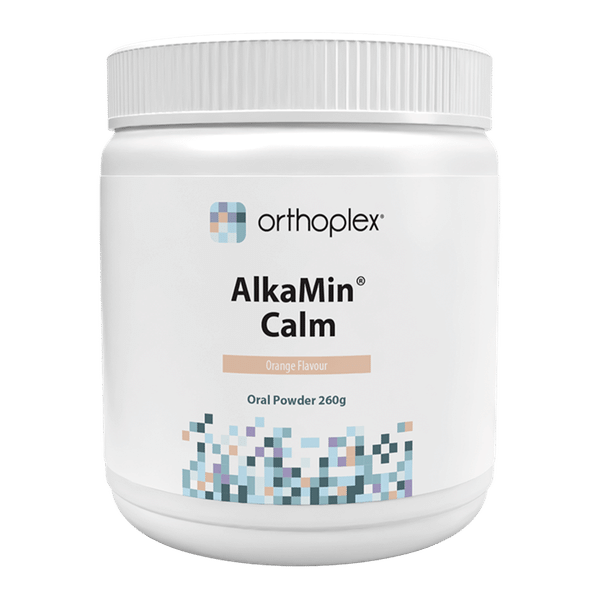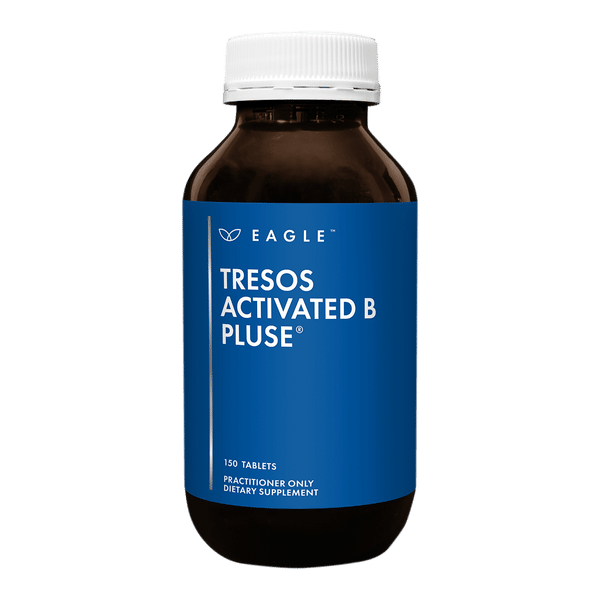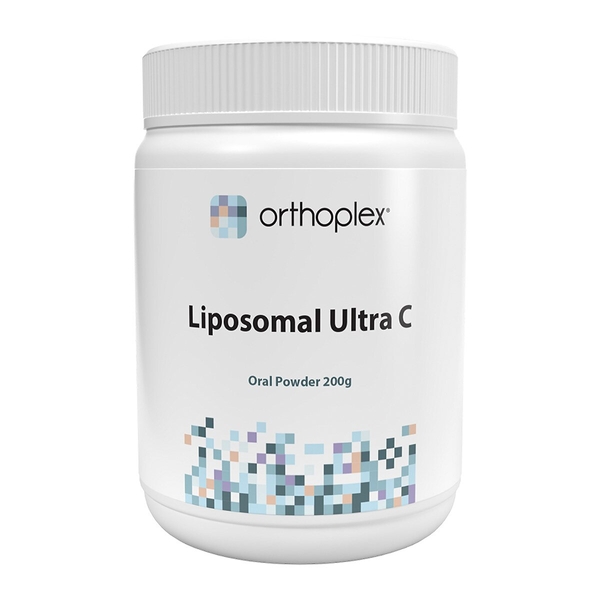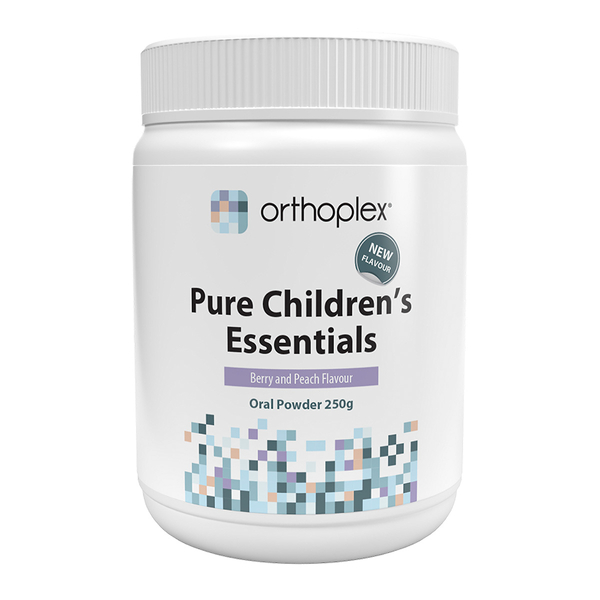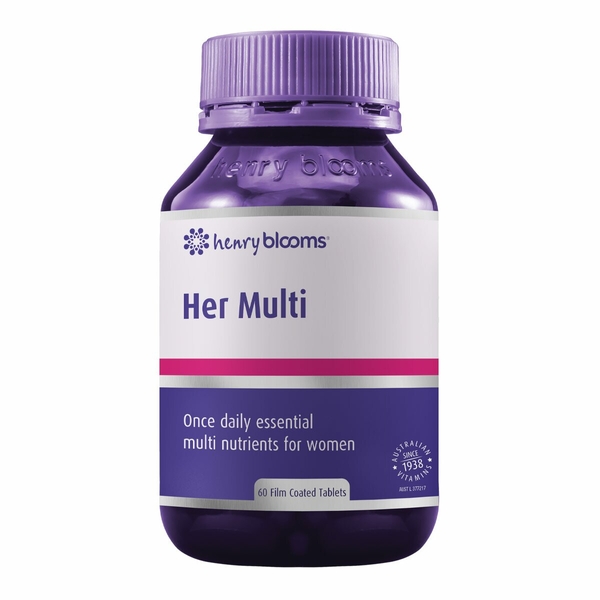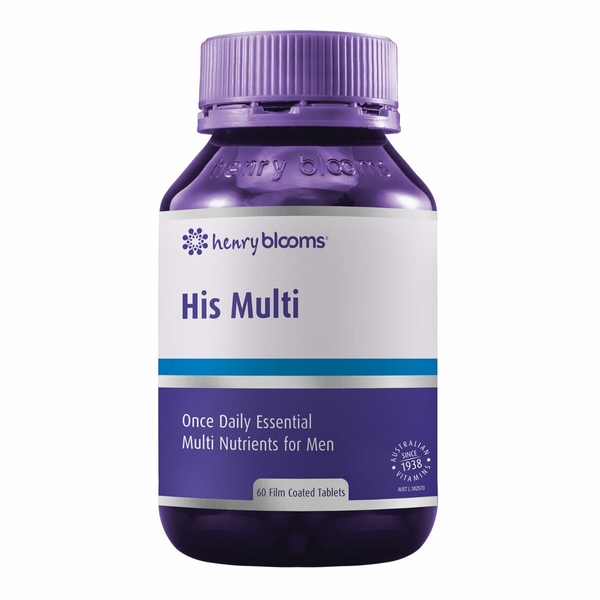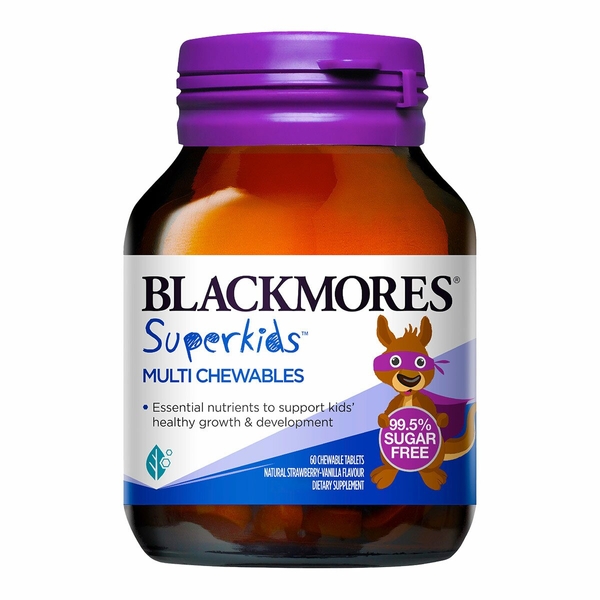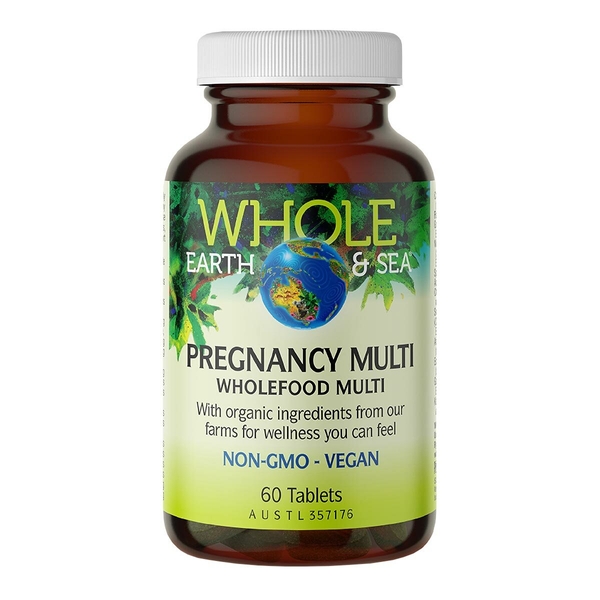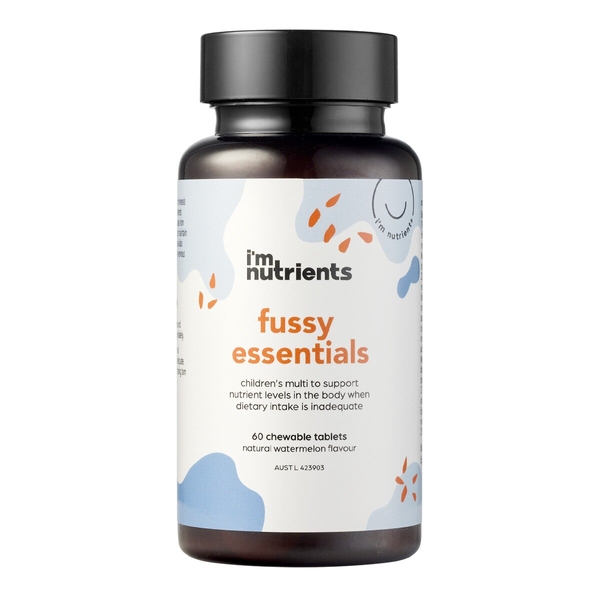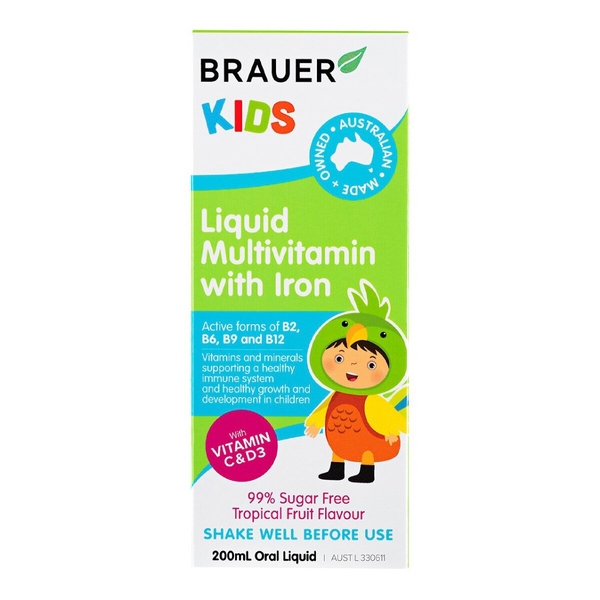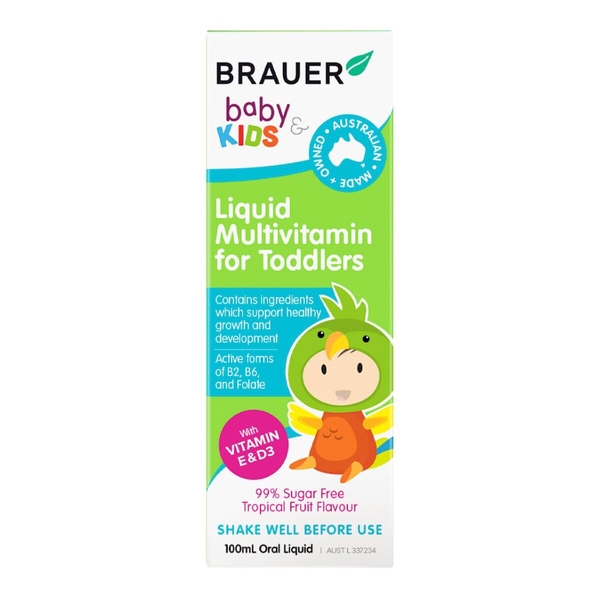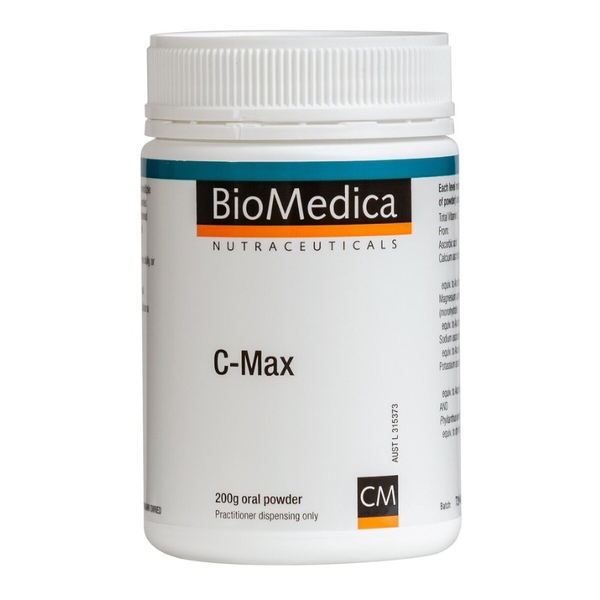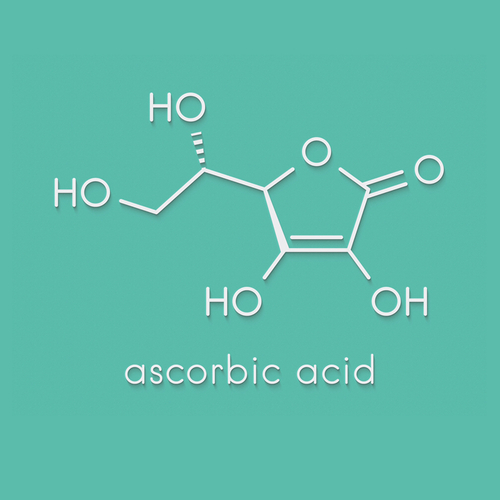
Background
Vitamin C is needed for the body to develop and function properly. It plays an important role in immune function. Most experts recommend getting vitamin C from the diet rather than taking supplements. Fresh oranges and fresh-squeezed orange juice are good sources.
Historically, vitamin C was used for preventing and treating scurvy. Today, people most commonly use vitamin C for preventing and treating the common cold. It's also used for autism, breast cancer, heart disease and many other conditions, but there is no good scientific evidence to support many of these uses. There is also no good evidence to support using vitamin C for COVID-19.
Safety Safety definitions
When applied to the skin: Vitamin C is likely safe for most people. It might cause irritation and tingling.
Special Precautions & Warnings:
Pregnancy and breast-feeding: Vitamin C is likely safe to take by mouth during pregnancy in amounts no greater than 2000 mg daily for those 19 years and older and 1800 mg daily for those 14-18 years old. Taking too much vitamin C during pregnancy can cause problems for the newborn baby. Vitamin C is possibly unsafe when taken by mouth in excessive amounts.Infants and children: Vitamin C is likely safe when taken by mouth appropriately. Vitamin C is possibly unsafe when taken by mouth in amounts higher than 400 mg daily for children 1-3 years, 650 mg daily for children 4-8 years, 1200 mg daily for children 9-13 years, and 1800 mg daily for adolescents 14-18 years.
Alcohol use disorder: People who regularly use alcohol, especially those who have other illnesses, often have vitamin C deficiency. These people might need to be treated for a longer time than normal to restore vitamin C levels to normal.
Cancer: Cancerous cells collect high concentrations of vitamin C. Until more is known, only use high doses of vitamin C under the direction of your oncologist.
Chronic kidney disease: Long-term kidney disease might increase the risk of vitamin C deficiency. Vitamin C supplements might also increase the amount of oxalate in the urine in some people. Too much oxalate in the urine can increase the risk of kidney failure in people with kidney disease.
A metabolic deficiency called "glucose-6-phosphate dehydrogenase" (G6PD) deficiency: Large amounts of vitamin C can cause red blood cells to break in people with this condition. Avoid excessive amounts of vitamin C.
Kidney stones: Large amounts of vitamin C can increase the chance of getting kidney stones. Do not take vitamin C in amounts greater than those found in basic multivitamins.
Smoking and chewing tobacco: Smoking and chewing tobacco lowers vitamin C levels. People who smoke or chew tobacco should consume more vitamin C in the diet.
Effectiveness
- Vitamin C deficiency. Taking vitamin C by mouth or injecting it as a shot prevents and treats vitamin C deficiency, including scurvy. Also, taking vitamin C can reverse problems associated with scurvy. Only a healthcare provider can inject vitamin C as a shot.
- Low levels of red blood cells in people with a long-term illness (anemia of chronic disease). Taking vitamin C supplements by mouth might help manage anemia in people undergoing dialysis.
- Irregular heartbeat (atrial fibrillation). Taking vitamin C by mouth or by IV before and after heart surgery helps prevent irregular heartbeat after heart surgery. IV products can only be given by a healthcare provider.
- Emptying the colon before a colonoscopy. A specific fluid containing vitamin C (MoviPrep, Salix Pharmaceuticals, Inc.) has been approved by the FDA for bowel preparation before a colonoscopy. Some bowel preparations involve drinking 4 liters of medicated fluid. If vitamin C is included in the fluid, only 2 liters are needed.
- Cataracts. Eating more vitamin C or taking vitamin C supplements by mouth might prevent cataracts. But it's not clear if taking vitamin C supplements by mouth helps people who already have cataracts.
- Common cold. Taking 1-3 grams of vitamin C by mouth might shorten the course of a cold by 1 to 1.5 days. But taking vitamin C does not appear to prevent colds.
- Limb pain that usually occurs after an injury (complex regional pain syndrome). Taking vitamin C by mouth after surgery or injury seems to prevent complex regional pain syndrome from developing.
- Recovery from laser skin therapy. Applying a skin cream containing vitamin C might decrease skin redness after laser skin therapy for scar and wrinkle removal.
- Airway infections caused by exercise. Taking vitamin C by mouth before heavy physical exercise, such as a marathon or army training, might prevent upper airway infections that can occur after heavy exercise.
- High cholesterol. Taking vitamin C by mouth might reduce low-density lipoprotein (LDL or "bad") cholesterol in people with high cholesterol.
- High blood pressure. Taking vitamin C by mouth might help lower systolic blood pressure (the top number in a blood pressure reading) by a small amount. But it does not seem to lower diastolic pressure (the bottom number).
- Lead poisoning. Consuming vitamin C in the diet seems to lower blood levels of lead.
- Reduced benefit of nitrate therapy that happens when nitrates are used all day (nitrate tolerance). Taking vitamin C by mouth seems to help drugs for chest pain, such as nitroglycerin, to work longer.
- Pain after surgery. Taking vitamin C by mouth or by IV might reduce pain during the first 24 hours after surgery. But it's unclear if taking vitamin C by mouth can reduce pain during the first 6 weeks after surgery. IV products can only be given by a healthcare provider.
- Wrinkled skin. Applying skin creams containing vitamin C seems to improve the appearance of wrinkled skin. Apply a vitamin C patch also seems to help reduce wrinkles.
- Coronavirus disease 2019 (COVID-19). Taking high-dose vitamin C by mouth does not seem to speed up recovery from COVID-19 in people who aren't in the hospital. Giving vitamin C by mouth or IV to people who are in the hospital with severe COVID-19 might have some benefit, but more studies are needed to say for sure.
- Blood infection (sepsis). Giving vitamin C by IV with or without thiamine and/or a steroid does not reduce the risk of dying, organ damage, hospitalization duration, or the need for supportive treatment in people with sepsis.
- Short-term swelling (inflammation) of the airways in the lungs (acute bronchitis). Taking vitamin C by mouth does not seem to have any effect on bronchitis.
- Asthma. Taking vitamin C by mouth doesn't seem to prevent asthma or improve symptoms in people who already have asthma.
- Hardening of the arteries (atherosclerosis). Taking vitamin C by mouth does not seem to prevent atherosclerosis from becoming worse in most people with this condition.
- Bladder cancer. Taking vitamin C by mouth does not seem to prevent bladder cancer or reduce bladder cancer-related deaths.
- Heart disease. Taking vitamin C by mouth does not prevent heart disease or reduce death due to heart disease.
- Colon cancer, rectal cancer. Taking vitamin C by mouth does not seem to prevent cancer in the colon or rectum.
- Death of an unborn or premature baby. Taking vitamin C by mouth, alone or with other supplements, during pregnancy doesn't prevent death of an unborn or premature baby.
- Fractures. Taking vitamin C by mouth does not seem to improve function, symptoms, or healing rates in people with a wrist fracture.
- A digestive tract infection that can lead to ulcers (Helicobacter pylori or H. pylori). Taking vitamin C by mouth along with medicines used to treat H. pylori infection doesn't seem to get rid of H. pylori faster than taking the medicines alone.
- A group of inherited disorders that leads to muscle weakness and numbness in the arms and legs. Taking vitamin C by mouth for one or two years does not seem to prevent nerve damage in people with these disorders.
- Eye damage in people taking drugs called interferons (interferon-related retinopathy). Taking vitamin C by mouth does not seem to prevent eye damage in people receiving interferon therapy for liver disease.
- Cancer of the white blood cells (leukemia). Taking vitamin C by mouth doesn't seem to prevent leukemia or death due to leukemia.
- Lung cancer. Taking vitamin C by mouth, alone or with vitamin E, doesn't seem to prevent lung cancer or death due to lung cancer.
- The most serious type of skin cancer (melanoma). Taking vitamin C by mouth, alone or with vitamin E, doesn't prevent melanoma or death due to melanoma.
- Miscarriage. Taking vitamin C by mouth, alone or with other supplements, during pregnancy does not prevent miscarriage.
- Death from any cause. Taking vitamin C by mouth along with other antioxidants does not seem to prevent death.
- Pancreatic cancer. Taking vitamin C by mouth together with beta-carotene plus vitamin E does not seem to prevent pancreatic cancer.
- A pregnancy complication marked by high blood pressure and protein in the urine (pre-eclampsia). Taking vitamin C by mouth with vitamin E during pregnancy does not prevent high blood pressure and protein in the urine during pregnancy.
- Preterm birth. Taking vitamin C by mouth, alone or with other supplements, during pregnancy does not prevent preterm birth.
- Prostate cancer. Taking vitamin C by mouth does not seem to prevent prostate cancer.
- Skin damage caused by radiation therapy (radiation dermatitis). Applying a vitamin C solution to the skin does not prevent skin problems caused by radiation treatments.
- Infants with birth weight below the 10th percentile. Taking vitamin C by mouth, alone or with other supplements, during pregnancy does not reduce the chance of giving birth to an infant with a low birth weight.
- Stillbirth. Taking vitamin C by mouth, alone or with other supplements, during pregnancy does not reduce the chance of having a stillbirth.
Dosing & administration
Vitamin C is also available in supplements, combination products, liquids, lotions, creams, serums, sprays, and patches. Supplements have been used safely by adults in doses up to 2000 mg daily. Speak with a healthcare provider to find out what type of product and dose might be best for a specific condition.
Interactions with pharmaceuticals
Acetaminophen (Tylenol, others)
Interaction Rating=Minor Be watchful with this combination.
The body breaks down acetaminophen to get rid of it. Large amounts of vitamin C can decrease how quickly the body breaks down acetaminophen. It is not clear if this interaction is a big concern.
Aluminum
Interaction Rating=Moderate Be cautious with this combination.
Aluminum is found in most antacids. Vitamin C can increase how much aluminum the body absorbs. However, it is not clear if this interaction is a big concern. Take vitamin C two hours before or four hours after antacids.
Aspirin
Interaction Rating=Minor Be watchful with this combination.
Aspirin is removed by the body through the kidneys and in the urine. Vitamin C might decrease how the body removes aspirin and could potentially increase the amount of aspirin in the body. But it's not clear if this is a big concern.
Choline Magnesium Trisalicylate (Trilisate)
Interaction Rating=Minor Be watchful with this combination.
Vitamin C might decrease how quickly the body gets rid of choline magnesium trisalicylate. It is not clear if this interaction is a big concern.
Estrogens
Interaction Rating=Moderate Be cautious with this combination.
Vitamin C might decrease how quickly the body gets rid of estrogens. Taking vitamin C along with estrogens might increase the effects and side effects of estrogens.
Fluphenazine (Prolixin)
Interaction Rating=Moderate Be cautious with this combination.
Large amounts of vitamin C might decrease how much fluphenazine is in the body. Taking vitamin C along with fluphenazine might decrease the effectiveness of fluphenazine.
Indinavir (Crixivan)
Interaction Rating=Moderate Be cautious with this combination.
Taking large amounts of vitamin C along with indinavir might decrease how much indinavir stays in the body. It's not clear if this interaction is a big concern.
Levothyroxine (Synthroid, others)
Interaction Rating=Moderate Be cautious with this combination.
Taking vitamin C along with levothyroxine might increase how much levothyroxine the body absorbs. This can increase the amount of levothyroxine in the body and increase its effects and side effects.
Medications for cancer (Alkylating agents)
Interaction Rating=Moderate Be cautious with this combination.
Vitamin C is an antioxidant. There is some concern that antioxidants might decrease the effects of some medications used for cancer. If you are taking medications for cancer, check with your healthcare provider before taking vitamin C.
Medications for cancer (Antitumor antibiotics)
Interaction Rating=Moderate Be cautious with this combination.
Vitamin C is an antioxidant. There is some concern that antioxidants might decrease the effects of medications used for cancer. If you are taking medications for cancer, check with your healthcare provider before taking vitamin C.
Niacin
Interaction Rating=Moderate Be cautious with this combination.
Taking niacin with vitamin C and other antioxidants can decrease the effects of niacin on good cholesterol levels. It is unknown if vitamin C alone decreases the effects of niacin on good cholesterol levels.
Salsalate (Disalcid)
Interaction Rating=Minor Be watchful with this combination.
Vitamin C might decrease how quickly the body gets rid of salsalate. Taking vitamin C along with salsalate might cause too much salsalate in the body, and increase the effects and side effects of salsalate.
Warfarin (Coumadin)
Interaction Rating=Moderate Be cautious with this combination.
Warfarin is used to slow blood clotting. Large amounts of vitamin C might decrease the effects of warfarin. Decreasing the effects of warfarin might increase the risk of clotting. Be sure to have your blood checked regularly. The dose of your warfarin might need to be changed.
Interactions with herbs & supplements
Chromium: Vitamin C might increase chromium absorption. Don't take large doses of chromium and vitamin C together. It isn't known whether separating the doses by several hours avoids this interaction.
Copper: High doses of vitamin C (1500 mg daily) can decrease copper levels in the blood. This interaction probably isn't important except in people whose dietary intake of copper is low.
Grape: Taking vitamin C with grape seed might increase blood pressure in people with high blood pressure. It's not clear why this happens.
Iron: Vitamin C increases the absorption of iron when taken at the same time. But taking a vitamin C supplement to improve absorption of iron from the diet or from supplements probably isn't necessary for most people.
Rose hip: Rose hip contains high levels of vitamin C. Don't take large amounts of rose hip along with vitamin C. This might give you too much vitamin C. Adults should not take more than 2000 mg vitamin C per day.
Vitamin B12: There have been concerns that vitamin C can lower vitamin B12 levels in the body. But vitamin C supplements don't seem to affect levels of vitamin B12.
Interactions with foods
Products
View all products- Calcium ascorbate dihydrate (Vitamin C) 605 mg equiv. ascorbic acid 500 mg
- Calcium citrate tetrahydrate 711 mg equiv. calcium 150 mg
- Magnesium bisglycinate 3.5 g equiv. magnesium 350 mg
- Taurine 3 g
- Potassium citrate 275 mg equiv. potassium 100 mg
- L-glutamine 2 g
- Thiamine hydrochloride (Vitamin B1) 25 mg
- Riboflavin 5-phosphate sodium (Activated B2) 34 mg equiv. riboflavin 25 mg
- Nicotinamide (Vitamin B3) 25 mg
- Calcium pantothenate (Vitamin B5) 25 mg
- Pyridoxal 5-phosphate monohydrate (P5P) 25 mg equiv. pyridoxine 16 mg
- Zinc bisglycinate (Zinc amino acid chelate) 50 mg equiv. zinc 10 mg
- Calcium ascorbate (Vitamin C) 279.91 mg equiv. ascorbic acid 226.72 mg equiv. calcium 25.75 mg
- Calcium citrate 117.16 mg equiv. calcium 24.25 mg
- Zinc ascorbate 33.33 mg equiv. zinc 5 mg equiv. ascorbic acid 25 mg
- Potassium chloride 293 mg
- Sodium chloride (Salt) 321.36 mg equiv. sodium 125 mg equiv. chloride 196.35 mg
- Potassium chloride 212 mg equiv. potassium 110 mg equiv. chloride 101.95 mg
- Citric acid monohydrate 580 mg
- Glucose monohydrate 800 mg
- Magnesium citrate 340 mg equiv. magnesium 50 mg
- Sodium selenite 25.3 µg equiv. selenium 5 µg
- Chromium picolinate 1 mg equiv. chromium 20 µg
- Calcium ascorbate dihydrate (Vitamin C) 243.5 mg equiv. ascorbic acid 200 mg equiv. calcium 22.9 mg
- Total Magnesium 400 mg
- Magnesium amino acid chelate 1.7 g equiv. magnesium 343 mg
- Magnesium orotate dihydrate 106 mg equiv. magnesium 7 mg
- Magnesium glycinate dihydrate 427.4 mg equiv. magnesium 50 mg
- Glutamine 500 mg
- Taurine 1 g
- Potassium aspartate 386.5 mg equiv. potassium 80 mg
- Magnesium ascorbate monohydrate (Vitamin C) 168 mg equiv. ascorbic acid 151 mg equiv. magnesium 10.4 mg
- Calcium ascorbate dihydrate (Vitamin C) 182 mg equiv. ascorbic acid 150 mg equiv. calcium 17 mg
- Calcium hydrogen phosphate dihydrate 6.32 mg equiv. calcium 1.47 mg
- Cholecalciferol (Vitamin D3) 25 μg equiv. vitamin D 1000 IU
- Levomefolate calcium (Activated folate) 325 μg equiv. levomefolic acid 300 μg
- Folic acid 200 μg
- Mecobalamin (Vitamin B12) 400 μg
- Potassium iodide 353.17 μg equiv. iodine 270 μg
- Zinc citrate dihydrate 38.34 mg equiv. zinc 12.3 mg
- Iron bisglycinate 35.4 mg equiv. iron 8 mg
- Beta-carotene carotenoids (Vitamin A) 3 mg
- Thiamine nitrate (Vitamin B1) 30 mg equiv. thiamine 24.32 mg
- Riboflavin 5-phosphate sodium (Activated B2) 20 mg equiv. riboflavin 15.2 mg
- Nicotinamide (Vitamin B3) 35 mg
- Calcium pantothenate (Vitamin B5) 40 mg equiv. pantothenic acid 36.64 mg
- Pyridoxine hydrochloride (Vitamin B6) 30 mg equiv. pyridoxine 24.68 mg
- Pyridoxal 5-phosphate (P5P) 11 mg equiv. pyridoxine 7.53 mg
- Biotin 300 μg
- Choline bitartrate 100 mg
- Inositol 50 mg
- Chromium nicotinate 200 μg equiv. chromium 25 μg
- Chromium picolinate 200 μg equiv. chromium 25 μg
- Phytomenadione (Vitamin K1) 70 μg
- Manganese amino acid chelate 10 mg equiv. manganese 1 mg
- Silica - colloidal anhydrous 10 mg equiv. silicon 4.67 mg
- Selenomethionine 150 μg equiv. selenium 60 μg
- Menaquinone 7 (Vitamin K2) 20 μg
- Molybdenum trioxide 75 μg equiv. molybdenum 50 μg
- Calcium ascorbate dihydrate (Vitamin C) 145 mg equiv. ascorbic acid 130 mg
- Calcium phosphate 100 mg equiv. calcium 37 mg
- Thiamine hydrochloride (Vitamin B1) 75 mg
- Riboflavin (Vitamin B2) 10 mg
- Nicotinamide (Vitamin B3) 100 mg
- Calcium pantothenate (Vitamin B5) 75 mg equiv. pantothenic acid 68.8 mg
- Pyridoxine hydrochloride (Vitamin B6) 25 mg equiv. pyridoxine 20.6 mg
- Cyanocobalamin (Vitamin B12) 30 µg
- Avena sativa ext. 25 mg
- Passiflora incarnata ext. 20 mg
- Biotin 20 µg
- d-alpha-Tocopheryl acid succinate 41.3 mg equiv. vitamin E 50 µg
- Magnesium phosphate pentahydrate 140 mg equiv. magnesium 28.9 mg
- Potassium phosphate monobasic 117.3 mg equiv. potassium 33.7 mg
- Folic acid 150 µg
- Choline bitartrate 25 mg
- Inositol 25 mg
- Lecithin 50 mg
- Calcium ascorbate dihydrate (Vitamin C) 153 mg equiv. ascorbic acid 125 mg
- Calcium citrate tetrahydrate 610 mg equiv. calcium 125 mg
- Levomefolate calcium (Activated folate) 216 μg equiv. levomefolic acid 200 μg
- Co-methylcobalamin (Vitamin B12) 250 μg
- Manganese amino acid chelate 17 mg equiv. manganese 2.75 mg
- Borax 13 mg equiv. boron 1.5 mg
- Chromium chloride hexahydrate 513 μg equiv. chromium 100 μg
- Potassium iodide 98 μg equiv. iodine 75 μg
- Selenomethionine 93 μg equiv. selenium 37.5 μg
- d-alpha-Tocopheryl acid succinate 16 mg equiv. vitamin E 12.5 mg
- Beta-carotene carotenoids (Vitamin A) 2 mg
- Phytomenadione (Vitamin K1) 8.75 μg
- Calcium pantothenate (Vitamin B5) 37.5 mg
- Thiamine hydrochloride (Vitamin B1) 25 mg
- Riboflavin 5-phosphate sodium (Activated B2) 25 mg
- Nicotinamide (Vitamin B3) 25 mg
- Pyridoxal 5-phosphate monohydrate (P5P) 25 mg
- Biotin 50 μg
- Magnesium bisglycinate 525 mg equiv. magnesium 52.5 mg
- Zinc bisglycinate (Zinc amino acid chelate) 50 mg equiv. zinc 10 mg
- Iron bisglycinate 12.5 mg equiv. iron 2.5 mg
- Calcium ascorbate dihydrate (Vitamin C) 1.22 g equiv. ascorbic acid 1 g equiv. calcium 114 mg
- Calcium citrate 1.82 g equiv. calcium 400 mg
- Calcium pantothenate (Vitamin B5) 32.8 mg equiv. pantothenic acid 30 mg equiv. calcium 2.73 mg
- Magnesium citrate 1.94 g equiv. magnesium 300 mg
- Potassium citrate 553 mg equiv. potassium 200 mg
- Zinc citrate dihydrate 77.9 mg equiv. zinc 25 mg
- Selenomethionine 78 µg equiv. selenium 31.5 µg
- Taurine 3 g
- Glycine 2 g
- Thiamine hydrochloride (Vitamin B1) 25.4 mg equiv. thiamine 20 mg
- Riboflavin 5-phosphate sodium (Activated B2) 13.2 mg equiv. riboflavin 10 mg
- Nicotinamide (Vitamin B3) 25 mg
- Pyridoxal 5-phosphate monohydrate (P5P) 78.4 mg equiv. pyridoxine 50 mg
- Biotin 500 µg
- Molybdenum trioxide 90 µg equiv. molybdenum 60 µg
- Chromium chloride hexahydrate 507 µg equiv. chromium 100 µg
- Menaquinone 7 (Vitamin K2) 45 µg
- Calcium ascorbate dihydrate (Vitamin C) 121.7 mg equiv. ascorbic acid 100 mg equiv. calcium 11.44 mg
- Calcium pantothenate (Vitamin B5) 100 mg equiv. pantothenic acid 91.6 mg equiv. calcium 8.4 mg
- Thiamine hydrochloride (Vitamin B1) 50 mg equiv. thiamine 44.6 mg
- Nicotinamide (Vitamin B3) 220 mg
- Pyridoxine hydrochloride (Vitamin B6) 48.62 mg equiv. pyridoxine 40 mg
- Riboflavin 5-phosphate sodium (Activated B2) 27.4 mg equiv. riboflavin 20 mg
- Mecobalamin (Vitamin B12) 500 μg
- Selenomethionine 65 μg equiv. selenium 26 μg
- Retinol acetate 884 μg equiv. vitamin A 750 μg RE
- Nicotinic acid (Vitamin B3) 5 mg
- Calcium folinate (Activated folate) 278 μg equiv. folinic acid 200 μg
- Levomefolate calcium (Activated folate) 216 μg equiv. levomefolic acid 200 μg
- Cholecalciferol 2.5 μg equiv. vitamin D3 100 IU
- d-alpha-Tocopheryl acid succinate 28 mg equiv. vitamin E 34 IU
- Tocopherols concentrate - mixed (low-alpha type) 13.5 mg
- R,S-alpha lipoic acid 10 mg
- Biotin 150 μg
- Ananas comosus (Bromelain) 6 mg
- Choline bitartrate 40 mg
- Cysteine hydrochloride monohydrate 21.74 mg equiv. cysteine 15 mg
- L-glutamine 40 mg
- Citrus bioflavonoids extract 5 mg
- Inositol 25 mg
- Lecithin 15 mg
- Rutin (Rutoside) 10 mg
- Taurine 85 mg
- Chromium nicotinate 205 μg equiv. chromium 25 μg
- Potassium iodide (Iodine) 41 μg equiv. iodine 31 μg equiv. potassium 9.6 μg
- Magnesium phosphate pentahydrate 50 mg equiv. magnesium 10 mg
- Manganese amino acid chelate 250 μg equiv. manganese 50 μg
- Potassium phosphate dibasic 31.82 mg equiv. potassium 14 mg
- Zinc amino acid chelate 72 mg equiv. zinc 14.4 mg
- Molybdenum trioxide 75 μg equiv. molybdenum 50 μg
- Rosa canina ext. 10 mg
- Pyridoxal 5-phosphate monohydrate (P5P) 10 mg equiv. pyridoxine 6.38 mg
- Citrus bioflavonoids extract 5 mg
- Lysine hydrochloride 35 mg equiv. lysine 27.45 mg
- Copper gluconate 43 μg equiv. copper 6 μg
- Total Ascorbic acid 2.55 g
- Magnesium ascorbate monohydrate (Vitamin C) 112 mg equiv. ascorbic acid 100 mg equiv. magnesium 6.9 mg
- Calcium ascorbate dihydrate (Vitamin C) 537 mg equiv. ascorbic acid 441 mg equiv. calcium 50.5 mg
- Sodium ascorbate (Vitamin C) 310 mg equiv. ascorbic acid 274 mg
- Ascorbic acid (Vitamin C) 1.61 g
- Ascorbic acid (Vitamin C) 125 mg
- Selenomethionine 37.3 µg equiv. selenium 15 µg
- Zinc citrate dihydrate 15.6 mg equiv. zinc 5 mg
- Rutin (Rutoside) 125 mg
- Citrus bioflavonoids extract 125 mg
- d-alpha-Tocopheryl acid succinate (Vitamin E) 41.3 mg equiv. d-alpha-tocopherol 50 IU
- Calcium ascorbate dihydrate (Vitamin C) 60.5 mg equiv. ascorbic acid 50 mg
- Total Ascorbic acid 100 mg
- Calcium citrate 1.04 g equiv. calcium 250 mg
- Calcium hydrogen phosphate dihydrate 54.58 mg equiv. calcium 12.7 mg
- Cholecalciferol 10 μg equiv. vitamin D3 400 IU
- Retinyl acetate 472 μg equiv. vitamin A 400 μg
- Zinc citrate dihydrate 18.65 mg equiv. zinc 6 mg
- Palm tocotrienols complex (Vitamin E) 2.5 mg
- Hydroxocobalamin (Vitamin B12) 15 μg
- Magnesium citrate 802.5 mg equiv. magnesium 130 mg
- Menaquinone 7 (Vitamin K2) 5 μg
- Phytomenadione (Vitamin K1) 30 μg
- Potassium iodide 117.7 μg equiv. iodine 90 μg
- Iron bisglycinate 17.78 mg equiv. iron 4 mg
- Riboflavin 5-phosphate sodium (Activated B2) 5 mg
- Nicotinamide (Vitamin B3) 15 mg
- Calcium pantothenate (Vitamin B5) 16.4 mg equiv. pantothenic acid 15 mg
- Pyridoxal 5-phosphate monohydrate (P5P) 1.55 mg equiv. pyridoxine 1 mg
- Biotin 25 μg
- Chromium nicotinate 120.7 μg equiv. chromium 15 μg
- Manganese amino acid chelate 2500 μg equiv. manganese 250 μg
- Molybdenum trioxide 33.75 μg equiv. molybdenum 22.5 μg
- Lysine hydrochloride 15 mg equiv. lysine 12 mg
- L-glycine 2 g
- Choline bitartrate 150 mg
- Selenomethionine 75 μg equiv. selenium 30 μg
- Thiamine hydrochloride (Vitamin B1) 5 mg equiv. thiamine 3.9 mg
- Pyridoxine hydrochloride (Vitamin B6) 4.5 mg equiv. pyridoxine 3.7 mg
- Calcium folinate (Activated folate) 215 μg equiv. folinic acid 200 μg
- Potassium citrate 27.68 mg equiv. potassium 10 mg
- Calcium ascorbate dihydrate (Vitamin C) 54.47 mg equiv. ascorbic acid 45 mg equiv. calcium 4.97 mg
- Calcium hydrogen phosphate 305.49 mg equiv. calcium 90 mg equiv. phosphorus 69.53 mg
- Calcium pantothenate (Vitamin B5) 25.56 mg equiv. pantothenic acid 23.41 mg equiv. calcium 2.15 mg
- Beta-carotene carotenoids (Vitamin A) 4.2 mg
- Cholecalciferol 25 µg equiv. vitamin D3 1000 IU
- Cyanocobalamin (Vitamin B12) 10 µg
- d-alpha-Tocopheryl acid succinate 7 mg
- Zinc oxide 9.96 mg equiv. zinc 8 mg
- Vaccinium macrocarpon ext. 10 mg
- Biotin 150 µg
- Borax 4.41 mg equiv. boron 500 µg
- Chromium nicotinate 250 µg equiv. chromium 25 µg
- Silica - colloidal anhydrous 19.25 mg equiv. silicon 9 mg
- Copper gluconate 8.57 mg equiv. copper 1.2 mg
- Ferrous fumarate 36.47 mg equiv. iron 12 mg
- Folic acid 400 µg
- Magnesium oxide 99.47 mg equiv. magnesium 60 mg
- Manganese sulphate monohydrate 15.38 mg equiv. manganese 5 mg
- Molybdenum trioxide 67.5 µg equiv. molybdenum 45 µg
- Nicotinamide (Vitamin B3) 50 mg
- Phytomenadione (Vitamin K1) 0.06 mg
- Potassium iodide (Iodine) 196.2 µg equiv. iodine 150 µg equiv. potassium 46.2 µg
- Pyridoxine hydrochloride (Vitamin B6) 30.39 mg equiv. pyridoxine 25 mg
- Riboflavin (Vitamin B2) 15 mg
- Selenomethionine 149 µg equiv. selenium 60 µg
- Thiamine nitrate (Vitamin B1) 18.5 mg equiv. thiamine 15 mg
- Ubidecarenone (Coenzyme Q10) 5 mg
- Citrus bioflavonoids extract 12.5 mg
- Calcium ascorbate dihydrate (Vitamin C) 54.47 mg equiv. ascorbic acid 45 mg equiv. calcium 4.97 mg
- Calcium hydrogen phosphate 169.78 mg equiv. calcium 50 mg equiv. phosphorus 38.63 mg
- Calcium pantothenate (Vitamin B5) 25.56 mg equiv. pantothenic acid 23.41 mg equiv. calcium 2.15 mg
- Beta-carotene carotenoids (Vitamin A) 5.4 mg
- Cholecalciferol 25 µg equiv. vitamin D3 1000 IU
- Cyanocobalamin (Vitamin B12) 10 µg
- d-alpha-Tocopheryl acid succinate 10 mg
- Zinc oxide 17.43 mg equiv. zinc 14 mg
- Lycopersicon esculentum ext. 16 mg
- Biotin 150 µg
- Borax 4.41 mg equiv. boron 500 µg
- Choline bitartrate 120.35 mg
- Chromium nicotinate 350 µg equiv. chromium 35 µg
- Silica - colloidal anhydrous 19.25 mg equiv. silicon 9 mg
- Copper gluconate 8.57 mg equiv. copper 1.2 mg
- Ferrous fumarate 24.31 mg equiv. iron 8 mg
- Folic acid 400 µg
- Magnesium oxide - heavy 215.52 mg equiv. magnesium 130 mg
- Manganese sulphate monohydrate 8.3 mg equiv. manganese 2.7 mg
- Molybdenum trioxide 67.5 µg equiv. molybdenum 45 µg
- Nicotinamide (Vitamin B3) 50 mg
- Phytomenadione (Vitamin K1) 0.07 mg
- Potassium iodide (Iodine) 150.4 µg equiv. iodine 115 µg equiv. potassium 35.4 µg
- Pyridoxine hydrochloride (Vitamin B6) 30.39 mg equiv. pyridoxine 25 mg
- Riboflavin (Vitamin B2) 15 mg
- Selenomethionine 174 µg equiv. selenium 70 µg
- Thiamine nitrate (Vitamin B1) 18.5 mg equiv. thiamine 15 mg
- Ubidecarenone (Coenzyme Q10) 5 mg
- Citrus bioflavonoids extract 12.5 mg
- Sodium ascorbate (Vitamin C) 11.3 mg equiv. ascorbic acid 10 mg
- Ascorbic acid (Vitamin C) 10 mg
- Calcium hydrogen phosphate 17 mg equiv. calcium 5 mg
- Zinc oxide 1.24 mg equiv. zinc 1 mg
- Cyanocobalamin (Vitamin B12) 0.75 µg
- d-alpha-Tocopheryl acid succinate 12.4 mg equiv. vitamin E 15 IU
- Cholecalciferol (Vitamin D3) 2.5 µg equiv. vitamin D 100 IU
- Retinol acetate (Vitamin A) 200 µg equiv. vitamin A 582.5 IU equiv. retinol Equivalents (RE) 175 µg
- Ferrous fumarate 3.8 mg equiv. iron 1.3 mg
- Magnesium phosphate 24.2 mg equiv. magnesium 5 mg
- Nicotinamide (Vitamin B3) 6 mg
- Manganese amino acid chelate 125 µg equiv. manganese 12.5 µg
- Biotin 25 µg
- Potassium iodide 98.3 µg equiv. iodine 75 µg
- Thiamine nitrate (Vitamin B1) 350 µg equiv. thiamine 284 µg
- Riboflavin (Vitamin B2) 550 µg
- Pyridoxine hydrochloride (Vitamin B6) 650 µg equiv. pyridoxine 534 µg
- Calcium pantothenate (Vitamin B5) 1.6 mg equiv. pantothenic acid 1.5 mg
- Folic acid 50 µg
- Calcium ascorbate dihydrate (Vitamin C) 11.08 mg equiv. ascorbic acid 10 mg equiv. calcium 1.2 mg
- Magnesium ascorbate (Vitamin C) 10.83 mg equiv. ascorbic acid 7.74 mg equiv. magnesium 1.083 mg
- Calcified lithothamnion (Red algae) 154.55 mg equiv. calcium 48.8 mg equiv. magnesium 3.58 mg
- Phyllanthus emblica ext. 9.52 mg
- Cholecalciferol 12.5 μg equiv. vitamin D3 500 IU
- d-alpha-Tocopheryl acid succinate 5 mg
- Levomefolate glucosamine (Activated folate) 345.54 μg equiv. levomefolic acid 200 μg
- Co-methylcobalamin (Vitamin B12) 100 μg
- Zinc citrate dihydrate 15.65 mg equiv. zinc 5 mg
- Beta-carotene carotenoids (Vitamin A) 2 mg
- Menaquinone 7 (Vitamin K2) 20 μg
- Thiamine hydrochloride (Vitamin B1) 1.59 mg equiv. thiamine 1.25 mg
- Riboflavin 5-phosphate sodium (Activated B2) 850 μg equiv. riboflavin 625 μg
- Nicotinamide (Vitamin B3) 6.25 mg
- Calcium pantothenate (Vitamin B5) 2.73 mg equiv. pantothenic acid 2.5 mg
- Pyridoxal 5-phosphate monohydrate (P5P) 1.01 mg equiv. pyridoxine 625 μg
- Ferric pyrophosphate 40.03 mg equiv. iron 12 mg
- Chromium picolinate 201.13 μg equiv. chromium 25 μg
- Cupric sulfate 982.3 μg equiv. copper 250 μg
- Ascophyllum nodosum 18.75 mg
- Manganese gluconate 5.48 mg equiv. manganese 625 μg
- Selenomethionine 62.09 μg equiv. selenium 25 μg
- Borax 1.5 mg equiv. boron 175 μg
- Lutein 250 μg
- Lycopene 250 μg
- Choline bitartrate 15.19 mg equiv. choline 6.25 mg
- Inositol 12.5 mg
- Vaccinium macrocarpon powder 5 mg
- Camellia sinensis ext. 2.5 mg
- Schizandra chinensis ext. 2.5 mg
- Euterpe oleracea (berry) ext. (Acai) 2.5 mg
- Chlorella vulgaris powder 2.5 mg
- Cynara scolymus powder 2.5 mg
- Echinacea purpurea powder 2.5 mg
- Allium sativum ext. 2.5 mg
- Brassica oleracea var. acephala (leaf) powder (Kale) 2.5 mg
- Punica granatum ext. 2.5 mg
- Lycopersicon esculentum powder 2.5 mg
- Hordeum vulgare (leaf) powder (Barley) 2.5 mg
- Vitis vinifera ext. 21.5 mg
- Citrus sinensis ext. 2.5 mg
- Magnesium aspartate 151.69 mg equiv. magnesium 30.34 mg
- Magnesium citrate 92.59 mg equiv. magnesium 15 mg
- Vitis vinifera ext. 2 mg
- Vaccinium macrocarpon powder 250 μg
- Vaccinium myrtillus powder 250 μg
- Fragaria ananassa (Strawberry) 250 μg
- Rubus idaeus powder 250 μg
- Punica granatum powder 250 μg
- Arthrospira platensis (Spirulina) 2.5 mg
- Malpighia glabra (Acerola) ext. 24.31 mg equiv. vitamin C 8.75 mg
- Calcium pantothenate (Vitamin B5) 1.09 mg equiv. pantothenic acid 1 mg equiv. calcium 90 μg
- Beta-carotene carotenoids (Vitamin A) 600 μg
- Mecobalamin (Vitamin B12) 0.4 μg
- Cholecalciferol 1.25 μg equiv. vitamin D3 50 IU
- d-alpha-Tocopheryl acid succinate 1.85 mg equiv. vitamin E 2.24 IU
- Zinc citrate 2.93 mg equiv. zinc 1 mg
- Thiamine hydrochloride (Vitamin B1) 190 μg equiv. thiamine 150 μg
- Riboflavin 5-phosphate sodium (Activated B2) 190 μg equiv. riboflavin 150 μg
- Nicotinamide (Vitamin B3) 2 mg
- Pyridoxal 5-phosphate (P5P) 220 μg equiv. pyridoxine 150 μg
- Calcium folinate (Activated folate) 32.5 μg equiv. folinic acid 30 μg
- Menaquinone 7 (Vitamin K2) 8.75 μg
- Choline bitartrate 60.78 mg equiv. choline 25 mg
- Chromic chloride hexahydrate 19 μg equiv. chromium 3.75 μg
- Ferric pyrophosphate 8.94 mg equiv. iron 2.5 mg
- Magnesium amino acid chelate 162.5 mg equiv. magnesium 32.5 mg
- Potassium iodide (Iodine) 29.4 μg equiv. iodine 22.5 μg equiv. potassium 6.9 μg
- Calcium ascorbate dihydrate (Vitamin C) 3.41 mg equiv. ascorbic acid 2.8 mg equiv. calcium 320 µg
- Calcium phosphate 26.4 mg equiv. calcium 10 mg
- Co-methylcobalamin (Vitamin B12) 0.18 µg
- Cholecalciferol 0.5 µg equiv. vitamin D3 20 IU
- d-alpha-Tocopheryl acetate 2 mg
- Ferric pyrophosphate 3.33 mg equiv. iron 1 mg
- Zinc glycinate 4 mg equiv. zinc 1.2 mg
- Beta-carotene carotenoids (Vitamin A) 1 mg
- Thiamine hydrochloride (Vitamin B1) 89 µg equiv. thiamine 80 µg
- Riboflavin 5-phosphate sodium (Activated B2) 80 µg equiv. riboflavin 60 µg
- Nicotinamide (Vitamin B3) 400 µg
- Pyridoxal 5-phosphate monohydrate (P5P) 176 µg equiv. pyridoxine 100 µg
- Choline bitartrate 20 mg equiv. choline 8.26 mg
- Biotin 1.6 µg
- Manganese amino acid chelate 1 mg equiv. manganese 200 µg
- Potassium iodide 11.8 µg equiv. iodine 9 µg
- Magnesium phosphate dibasic 24 mg equiv. magnesium 3.3 mg
- Levomefolate glucosamine (Activated folate) 72 µg equiv. levomefolic acid 40 µg
- Calcium ascorbate dihydrate (Vitamin C) 3.4 mg equiv. ascorbic acid 2.8 mg equiv. calcium 320 μg
- Calcium phosphate 26.4 mg equiv. calcium 10 mg
- Mecobalamin (Vitamin B12) 0.18 μg
- Cholecalciferol 0.5 μg equiv. vitamin D3 20 IU
- d-alpha-Tocopheryl acetate (Vitamin E) 2 mg equiv. d-alpha-tocopheryl 1.8 mg
- Zinc glycinate 4 mg equiv. zinc 1.2 mg
- Beta-carotene carotenoids (Vitamin A) 1 mg equiv. vitamin A RE 83 μg
- Thiamine hydrochloride (Vitamin B1) 89 μg equiv. thiamine 80 μg
- Riboflavin 5-phosphate sodium (Activated B2) 80 μg equiv. riboflavin 60 μg
- Nicotinamide (Vitamin B3) 400 μg
- Pyridoxal 5-phosphate monohydrate (P5P) 176 μg equiv. pyridoxine 100 μg
- Biotin 1.6 μg
- Levomefolate glucosamine (Activated folate) 108.2 μg equiv. levomefolic acid 60 μg
- Magnesium phosphate dibasic 24 mg equiv. magnesium 3.3 mg
- Potassium iodide 11.8 μg equiv. iodine 9 μg
- Choline bitartrate 20 mg
- Total Vitamin C 1.73 g
- Calcium ascorbate dihydrate (Vitamin C) 309.4 mg equiv. ascorbic acid 255.6 mg equiv. calcium 29.08 mg
- Ascorbic acid (Vitamin C) 1.085 g
- Magnesium ascorbate monohydrate (Vitamin C) 144.38 mg equiv. ascorbic acid 129.5 mg equiv. magnesium 8.96 mg
- Sodium ascorbate (Vitamin C) 187.3 mg equiv. ascorbic acid 165.6 mg equiv. sodium 21.73 mg
- Potassium ascorbate dihydrate (Vitamin C) 135.03 mg equiv. ascorbic acid 94.5 mg
- Phyllanthus emblica (Amlalaki) ext. 16.8 mg
- Calcium phosphate 70 mg equiv. calcium 27.13 mg equiv. phosphorus 12.95 mg
- d-alpha-Tocopheryl acetate 41.23 mg equiv. vitamin E 56 IU
- Rutin (Rutoside) 42 mg
- Beta-carotene carotenoids (Vitamin A) 1.26 mg
- Magnesium phosphate 70 mg equiv. magnesium 14.46 mg equiv. phosphorus 12.29 mg
- Citrus bioflavonoids extract 70 mg
- Zinc citrate dihydrate 10.89 mg equiv. zinc 3.5 mg
- Glycine 525 mg

